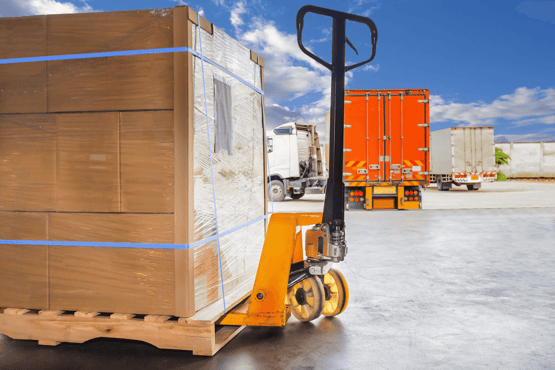
If you didn’t already know, strapping is the process of applying a strap to bundle items together. Commonly used for large or bulky items to stop them from moving during transit, strapping has its place in many different industries and packaging environments.
There are many different types of strapping available. Some types of strapping use more traditional materials like steel while others utilise more sustainable materials like recyclable paper. Polypropylene strapping is one of the most common types of strapping material; it’s produced from lightweight plastic.
Here we cover everything you need to know about polypropylene strapping which includes what this strapping is commonly used for, the benefits it provides, and whether it can be reused or recycled.
History of polypropylene
Before we delve into polypropylene and its various benefits and uses, we can first look at the history of polypropylene and how this plastic evolved from its inception in the 50s.
Polypropylene or ‘isotactic polypropylene’ as it’s more technically referred to, was discovered in 1954 by the Italian chemist Guilio Natta and his assistant Paulo Chini, while working with the Italian company, Montecatini. Catalysts invented by a German chemist, Karl Ziegler, for the production of polyethylene/polyethene at ambient pressure, were used to discover polypropylene. Commercial production of polypropylene then began in 1957 with Hercules Incorporated, Montecatini and Farbwerke Hoechst AG.
Polypropylene is a type of plastic that is often found in industrial and packaging applications. It has a much higher melting temperature when compared to polyethylene and it’s also much stiffer.
Common materials that use or consist of polypropylene include:
- Upholstery and carpets
- Car components and parts
- Toys
- Furniture
- Bottles for food, shampoo and other liquids.
What are the benefits of using polypropylene strapping?
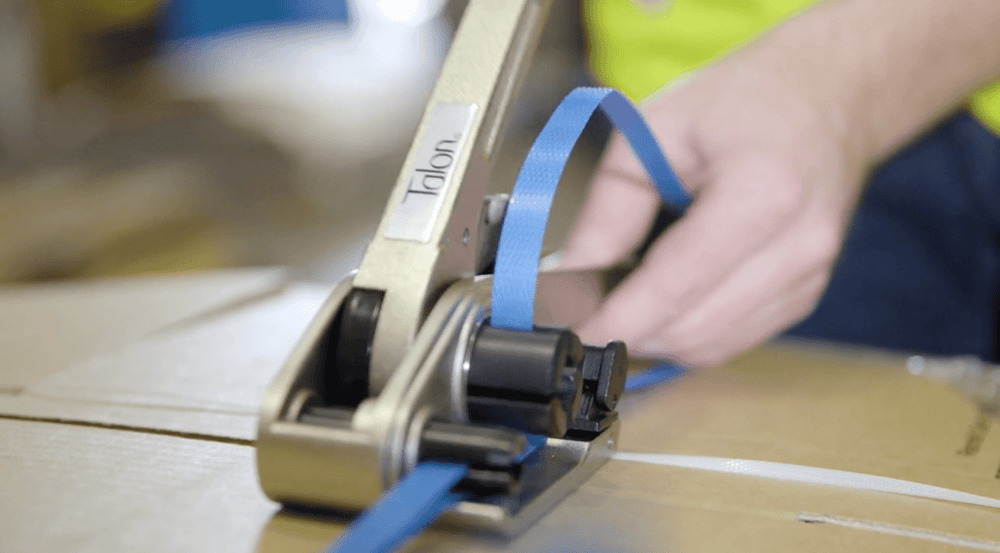
Traditional strapping was produced from steel, a material that is incredibly strong and has high heat and UV resistance. However, when used for strapping, steel does come with limitations – it’s heavy, easily corrodes, has poor stretch recovery and when it is cut under tension, presents a safety risk. Plastic strapping emerged as an alternative to steel more than 50 years ago.
Polypropylene strapping is made from lightweight plastic. It is most commonly used for bundling items together and for wrapping pallets so that their contents don’t shift or move during transit. Polypropylene is a very common type of plastic strapping and there are many benefits to using this type of strapping material. These benefits include:
Cost-effective: Polypropylene is one of the cheapest types of strapping available on the market so it’s suitable for many businesses that use large amounts of strapping frequently.
Suitability: Polypropylene is suitable for most light to medium duty strapping which makes it suitable for many standard packaging and shipping applications.
Variety: Polypropylene strapping comes in a range of different colours, widths and thicknesses which gives you lots of choice when it comes to choosing the type of strapping that’s right for your application.
Compatibility: This type of strapping is compatible with a wide range of manual tools as well as both semi-automatic and automatic machines so you can use it how you please.
Safety: As polypropylene strapping is produced from lightweight plastic, it has no sharp edges. This makes it a lot safer to handle when compared to something like steel strapping which is known for its sharp edges, and where you would need to use safety gloves and goggles.
What is polypropylene strapping used for?
As we have already highlighted, polypropylene strapping is most suited for light to medium duty strapping applications. This means that polypropylene strapping is most suited for sealing and reinforcing cartons, as well as securing lighter pallet loads. Common uses for polypropylene strapping include:
- Bundling newspapers, paper or cardboard.
- Sealing and securing cartons and boxes.
- Attaching loads to pallets.
- Bailing agricultural products.
- Bailing textiles and fabrics.
Can polypropylene strapping be reused or recycled?
If you use strapping frequently in your business, then you will be interested in the recyclability of polypropylene strapping.
Anything made from plastic was traditionally hard to recycle however, as technology has developed so too have recycling systems. Polypropylene strapping or ‘PP plastic’ is classed with the number 5 recycling code which means that it’s highly recyclable, and will be accepted by most New Zealand councils’ recycling schemes.
As a highly versatile plastic, polypropylene is very easy to recycle and can be used many times over and over again. What was once destined for landfill is now manufactured into new products like automotive equipment, household tools and utensils, containers, outdoor/garden tools and a wide variety of building materials.
There are no known health risks associated with recycling polypropylene or PP plastic. PP is considered safe for reuse, if it isn’t recycled, it can take thousands of years to decompose in landfills. By recycling Polypropylene products like strapping, you will be contributing to an eco-friendly future and reducing your carbon footprint.
Polypropylene strapping from Primepac
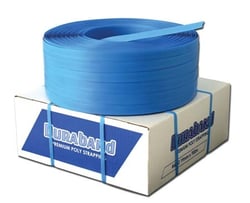
We have many polypropylene strapping products in stock that are suitable for a range of different applications. The range from Duraband offers both polypropylene hand strapping and machine strapping products. Strong, flexible and lightweight, Duraband strapping is also 100% recyclable. Special pricing is available for bulk orders – simply give us a call to discuss your options!
For more of our polypropylene strapping products simply head to our website by clicking below. To view all packaging supplies perfect for environments like logistics and warehousing, you can browse our range by clicking here.



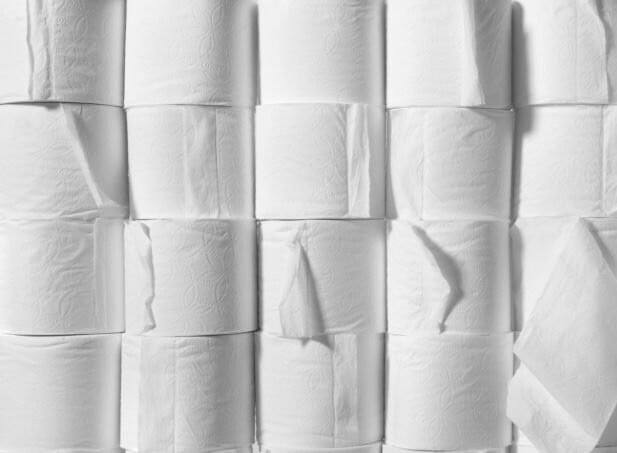
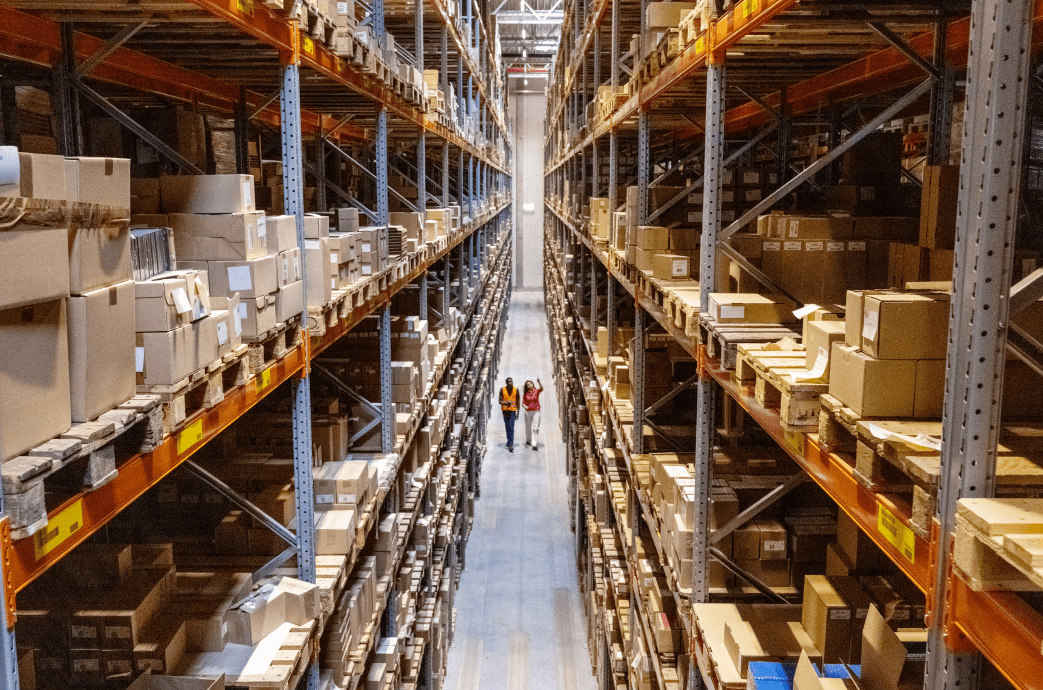
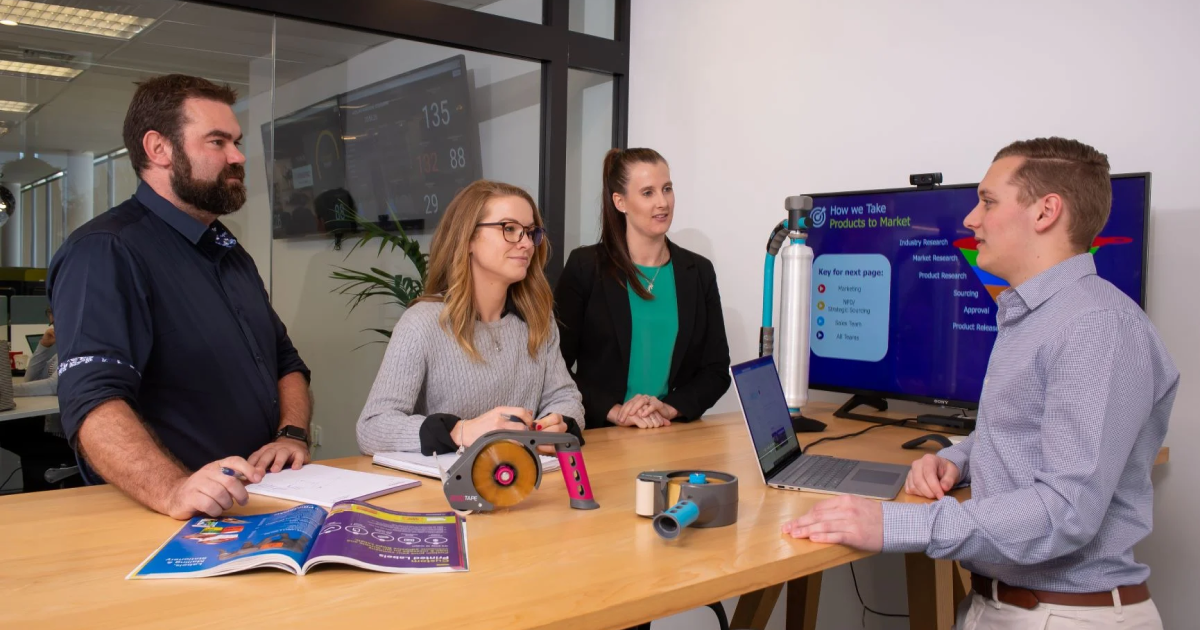
.png)

